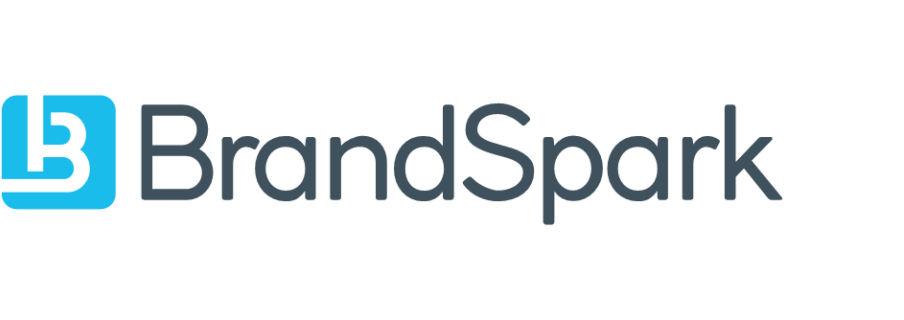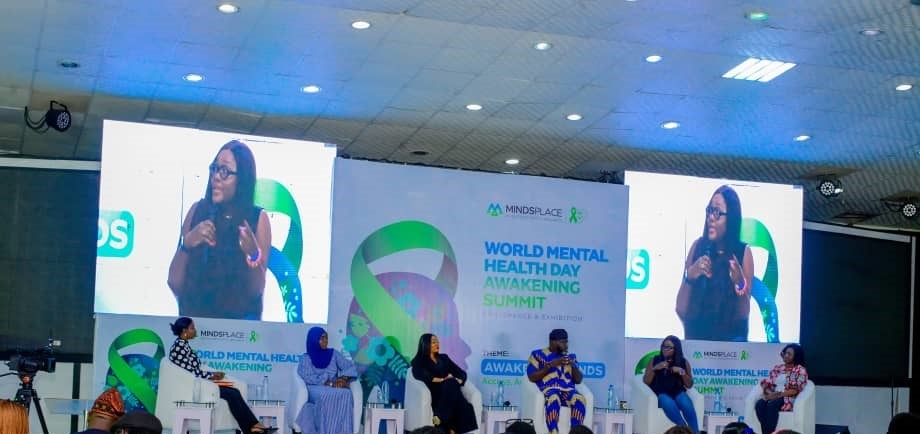Like a speaking engagement, moderating a panel discussion is a way to build your personal brand and increase your visibility as a business owner, executive or public relations practitioner. However effectively moderating a panel discussion requires some preparation.
Here are the seven steps I followed in moderating the panel discussions at the Mindsplace Awakening Summit for World Mental Health Day.
Get to know the panellists
Your work as moderator begins before the event. Start by requesting the speaker’s profiles before the conference or panel discussion. Visit their LinkedIn pages. Google them. These will provide you with enough background information on each speaker. That way, you’ll be able to identify who is best placed to answer what question.
Have pre-prepared questions
Research the topic of the panel discussion. Find our facts and data that will make for an enriching discourse. Based on the information gathered, develop a list of questions that you can pose to the panellists.
Ask follow-up questions
Listen attentively to each speaker for interesting information that can lead to follow-up questions that you may ask another speaker on the panel. This shows the panellists that you are genuinely interested in their knowledge and insights. By referencing connections between panellists’ comments, you can highlight the synergy or diversity in their perspectives, which enriches the discussion for the audience.
Let everyone be heard
As a moderator, your goal is to create an inclusive environment where diverse perspectives are explored. Ensure that everyone on the panel gets to speak. The panellists were invited to the discussion because they are experts in their field. Let them share their wealth of knowledge.
Take audience questions
Carry the audience along by allowing them to ask the panellists questions. You may announce this at the beginning of the session and let the audience know if you will take their questions mid-way or at the end of the panel discussion.
Manage your time wisely
Aim to work with the time allotted for the session while taking into consideration the energy of both panellists and the audience. If a topic is generating valuable insights and the audience is lively, allow it to develop further, even if it means skipping some of your pre-prepared questions. A successful panel discussion is one where both the panellists and the audience leave feeling enlightened, so prioritise quality over quantity in your questioning.
Wrap up
There are many ways to wrap up a panel discussion. If time permits, ask a question and invite all panellists to share their closing thoughts. Alternatively, reference a profound statement from one of the speakers and reiterate the key message from the session. Finally, express gratitude to all participants for their contributions.


